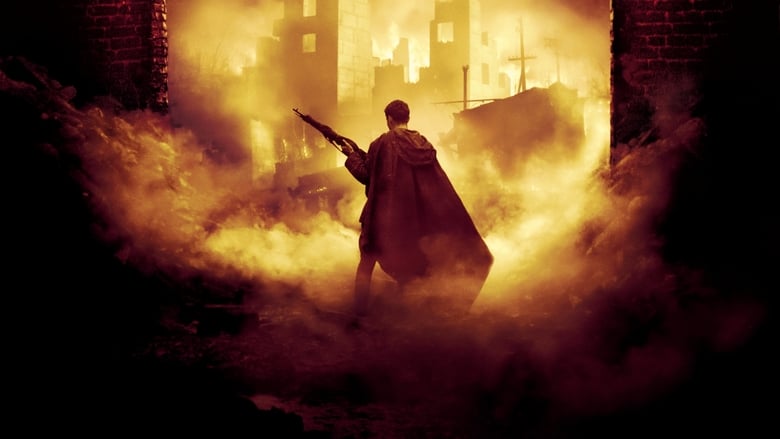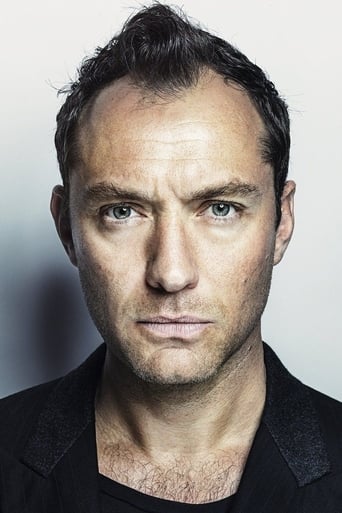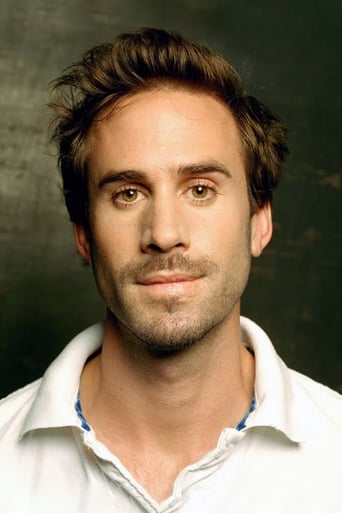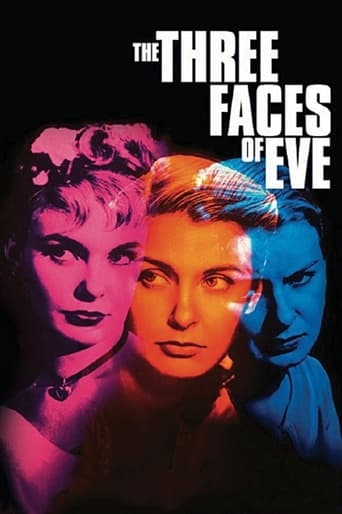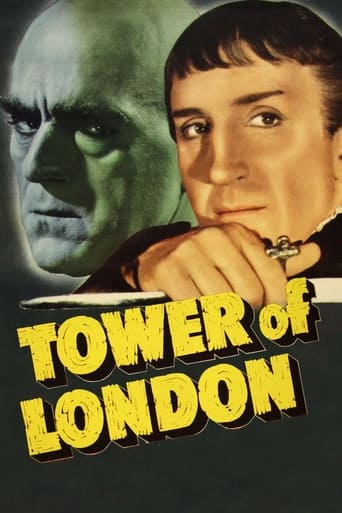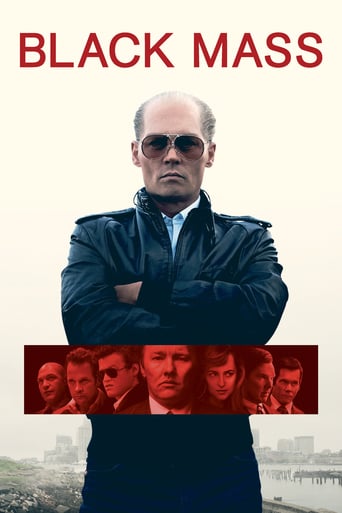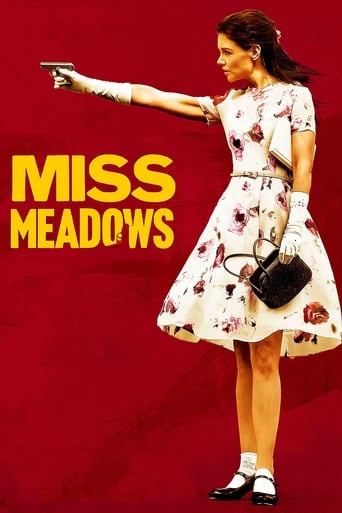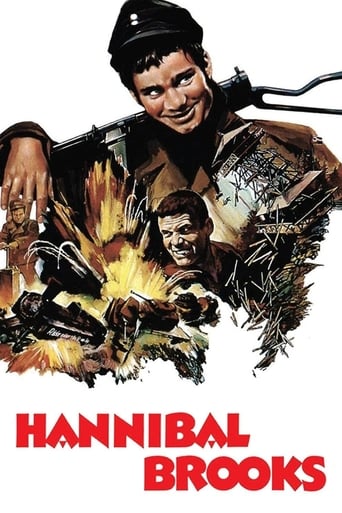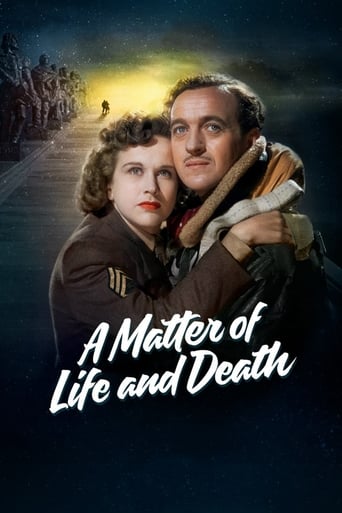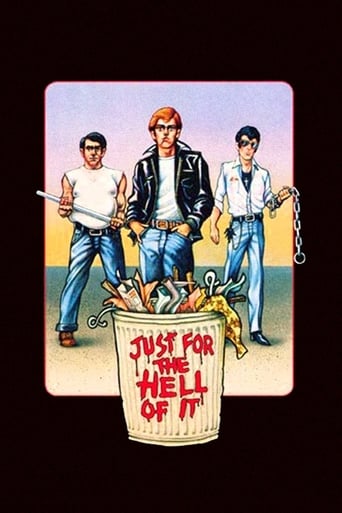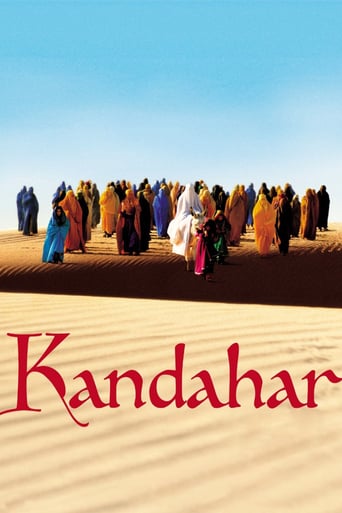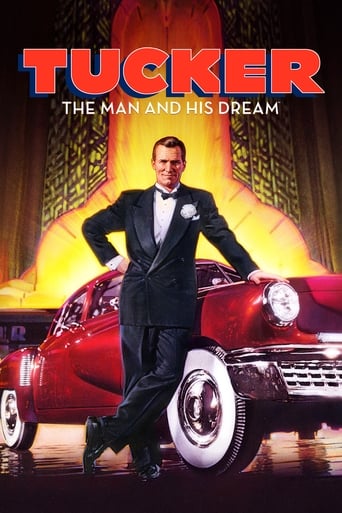Enemy at the Gates (2001)
A Russian and a German sniper play a game of cat-and-mouse during the Battle of Stalingrad in WWII.
Watch Trailer
Cast


Similar titles
Reviews
This film will always have a place in my heart, a classic heroic tale, the hero fighting not for any real cause but because he must.He finds love and his enemy. his rise to glory is meteoric but he must face the enemy all is on the line his glory his love and his life.taking place during the great patriotic war(WWII, eastern front) the desperate cause of the USSR to beat back the tide of Nazism, men are forced to fight with meager means our hero is one of the grunts and by chance he lives and is brought out to the war effort as a hero than he fights the pressure and the feeling of his inability but he faces all challenges and faces great hardships.
Enemy at the Gates (2001) Reviewed by Martin Davis. Retrospect Film on Facebook. Stalingrad 1942. The Third Reich have swept through Europe and deep into the heart of Mother Russia. The Red Army and Hitler's troops are engaged in bitter hand to hand combat amidst the ruins of the city. Director Jean-Jacques Annaud's World War II epic opens with an uncompromising depiction of the brutality of war as hundreds of newly arrived Russian soldiers attempt a near suicidal mission to cross the Volga into Stalingrad. Under heavy land and aerial bombardment, any man attempting desertion is shot down with a bullet from a Soviet officers pistol. Finding themselves isolated amongst the fallen bodies of their comrades, Vassili Zaitsev (Jude Law) and Commisar Danilov (Joseph Fiennes) make good their escape after Vassili demonstrates his impressive marksmanship skills with a rifle. Meanwhile, future Soviet Premier Nikita Khrushchev (Bob Hoskins) has arrived in Stalingrad and demands ideas to improve the peoples battered morale. Danilov, now a Senior Lieutenant, starts a propaganda campaign in the army newspaper about Vassili's exploits and the farmers boy from the Ural Mountains, taught to shoot by his Grandfather, is transferred to the sniper division and rapidly becomes a national hero. Having become friends, Vassili and Danilov both begin a romantic involvement with a girl from Stalingrad, Tania (Rachel Weisz) a Private in the local militia. With the Soviet snipers increasingly gaining the upper hand on their German counterparts, Major Erwin König (Ed Harris) is sent in to take out Vassili and crush the Russian peoples spirit. So begins a deadly game of cat and mouse. The two protagonists are polar opposites. One, the shepherd boy with a steady hand and a sharp eye but with increasing doubts as to whether he can defeat his enemy. The other, the aristocratic German, supremely confident and equally adept with a snipers rifle. Vassili and Tania have meanwhile fallen in love and driven by jealousy Danilov attempts to discredit his friend to his superiors, resulting in fatal consequences. Based on the 1973 non fiction book 'Enemy at the Gates – The Battle for Stalingrad' by William Craig, the film is a brilliantly told tale of conflict, love and betrayal and succeeds as not just a war film but also as an historical drama and love story. Martin Davis. Retrospect Film on Facebook
This effective movie has a great, epic background over which to play the story - the battle of Stalingrad in World War II, which left the city in smouldering ruins and hundreds of soldiers (on both sides) dead. Like with most modern blockbusters, the budget is big (the biggest in Europe, it has been said), and there are plenty of authentic bombing raids and gun battles in this action-packed movie which only slightly drags towards the end. CGI fighters spit bombs down on to the ruined streets and the smoke from dozens of explosions fills the sky to great effect in some truly breath-taking battle sequences. The film doesn't shy away from the violence either, preferring to show in graphic detail the sight of bullets erupting through bodies and exploding heads, blood everywhere, particularly in a disturbingly realistic scene showing enemy fire peppering a group of soldiers huddled together on a boat.Over this intense background plays a story that is in parts a thriller, a tragedy, and a romance. The various plot strands are mingled perfectly to make one smooth-running film as a whole with well-drawn characters you can really care about. In particular, Jude Law gives a convincing portrayal of an innocent farmer boy, initially terrified out of his life when he is thrown headlong into battle, and gradually turning into a war hero through the propaganda of his friend Danilov (an understated and effective turn from Joseph Fiennes).The initial sequence in which Law proves his worth as a sniper is an excellently-shot piece of action. Into the story comes Rachel Weisz, as the love interest, a female Russian soldier, and there's even a love triangle thrown in there too for good measure between her, Law and Fiennes. However, most scenes are stolen by Ed Harris (looking very much like Anton Diffring) as Major Konig, a German war hero and top-notch sniper who engages in some tense and suspenseful cat-and-mouse games in the rubble of Stalingrad, sequences which are the best in the movie. Good support comes from a near-unrecognisable Bob Hoskins as Khrushchev, and Ron Perlman as a fellow sniper with a mouth full of metal teeth.ENEMY AT THE GATES is a well-made and intelligent blockbuster, convincingly portraying the realism of the war, peppered with many memorable scenes such as the macabre image of a young boy hanging from ruins on the horizon. Although the outcome is to be expected, the journey there is an eventful and often surprising one and never less than watchable. A shame that all modern blockbusters aren't often as intelligently scripted or acted as this film is.
Enemy at the gates is a dramatic WWII story of a Russian sniper and journalist and how they become friends and attempt to survive the war against the attacking Nazi war machine. But after the boys survive a massive German attack they make their way back to the base the journalist writes the story of the sniper and he becomes a hero of Stalingrad. Once the sniper becomes an icon he is used as propaganda just as much as he is a weapon of war.The story takes place in Stalingrad in Russia 1942 our main characters are Vassili the sniper commissar Danilov the journalist Major Konig the Nazi sniper and Tania the female sniper. The movie takes place in multiple places throughout Stalingrad.Jude law the man who Vassili did a phenomenal job just like the rest of the actors ED Harris (major Konig) Rachel weisz (Tania) and Joseph Fiennes (commissar Danilov) all did a fantastic job really pulled me into the film and got me invested.I have an overall interest in WWII history and I love to see it brought to life on the big screen. Especially since it is a representation of real events. If you have an interest in this type of film you will be invested into every second of every scene.One thing everyone needs to realize when watching a film like this is how the people effected felt, how it changed every aspect of their life. But during all of that you have to keep moving on and stay alive and moving.I would recommend this movie for someone looking for a history lesson on something they don't teach much of in school, I would give it a rated R rating because it has sensitive but it is well worth the watch.I could give it a B+ or an A it is a really good movie.I am Jordan Zimmerman and I'm a senior in high school, I'm working as a cook in a bar I love WWII history and continue to study the subject.


